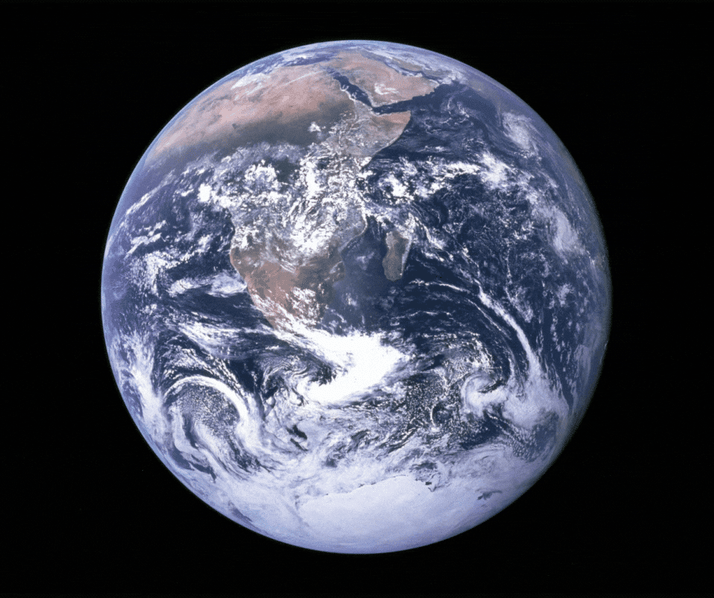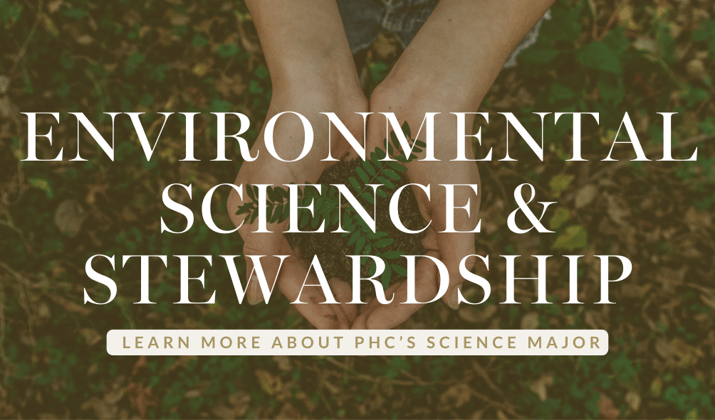“We live in a universe that God created for us that has physical complexity, and we should ask why He bothered,” Dr. Tracey McGrath said. McGrath is the Assistant Professor of Mathematics at PHC, and she teaches Calculus and Physics. Most of the Core classes at PHC revolve around the humanities: literature, history, philosophy, and theology. But the Core does include two science classes—Physics and Biology. Learning about the physical world is part of receiving a well-rounded education.
“[God] went to incredible effort to make this amazing, complex, vast universe,” McGrath said. “He didn’t have to, and yet he chose to.” She said that part of science is asking why God created so many different varieties of plants and animals and landscapes when He could have made a sense-free world in which only metaphysical truths mattered.
 McGrath explained that biology and chemistry are more empirical than physics, since they are largely based on human observation. In contrast, physics is based upon equations from the language of mathematics. One reason to study physics is that these equations point to God’s perfection and precision in creation. “There are equations we can strive for but never solve for in the way that God can solve them, which is a magnificent opportunity to both recognize and worship God who can,” she said.
McGrath explained that biology and chemistry are more empirical than physics, since they are largely based on human observation. In contrast, physics is based upon equations from the language of mathematics. One reason to study physics is that these equations point to God’s perfection and precision in creation. “There are equations we can strive for but never solve for in the way that God can solve them, which is a magnificent opportunity to both recognize and worship God who can,” she said.
PHC’s Associate Professor of Biology and Chair of the Department of Applied Liberal Arts Dr. Mike Jackson said that the faculty recognizes that most students aren’t future scientists. “We’re talking to future journalists and future lawyers and future economists and things like that,” he said, “so our goal is to bring the sciences to a level where they are hopefully relevant and engaging with the things they are already working on.” Jackson organizes his classes using the structure of the Trivium. Students learn the basic facts, then they think critically about different elements through homework assignments, and they finally discuss in class how the material ties into policy, philosophy, or ethics.
Jackson organizes his classes using the structure of the Trivium. Students learn the basic facts, then they think critically about different elements through homework assignments, and they finally discuss in class how the material ties into policy, philosophy, or ethics.
“The danger for scientists is that what we call ‘science’ is really just a process of asking questions and trying to get answers about the physical world around us,” he said. “In itself, it doesn’t have any moral considerations involved in it.” This leads many scientists to get caught up in what is possible and what will get answers without considering the ethicality in the advancement of scientific exploration. At PHC, however, students won't finish a science class without considering the science's ethics or connections to other areas of study.
Whether students at PHC major in Environmental Science & Stewardship or simply take Physics and Biology as part of the Core, students wrestle with big questions relating to the physical world.
“The goal of the Core is to help students be well-rounded, in terms of being able to look at the world as a whole through a biblical lens and understand the ways in which Scripture touches all different areas of life and scholarship,” Jackson said, “and science is part of that.”
--
Patrick Henry College exists to glorify God by challenging the status quo in higher education, lifting high both faith and reason within a rigorous academic environment; thereby preserving for posterity the ideals behind the "noble experiment in ordered liberty" that is the foundation of America.

.png?width=800&height=400&name=PHC%20(1).png)



